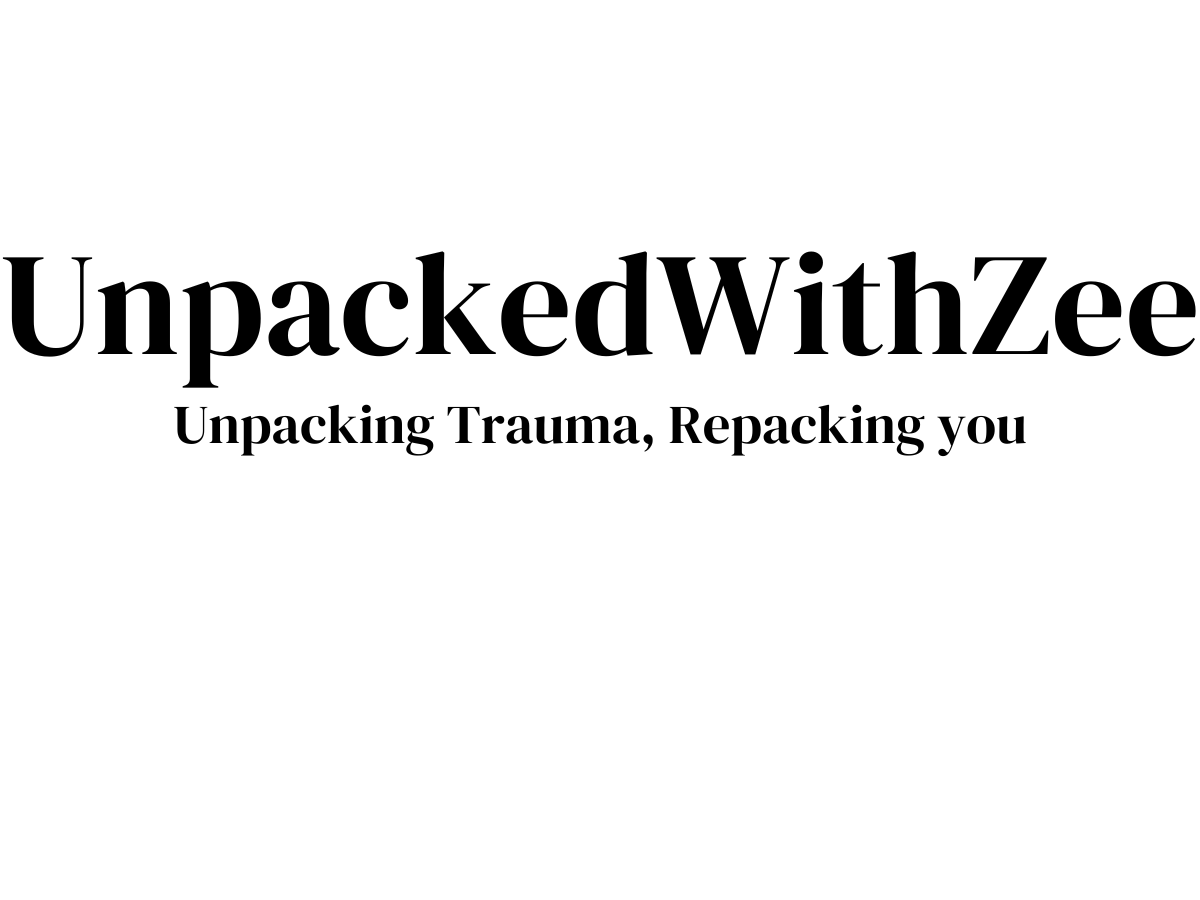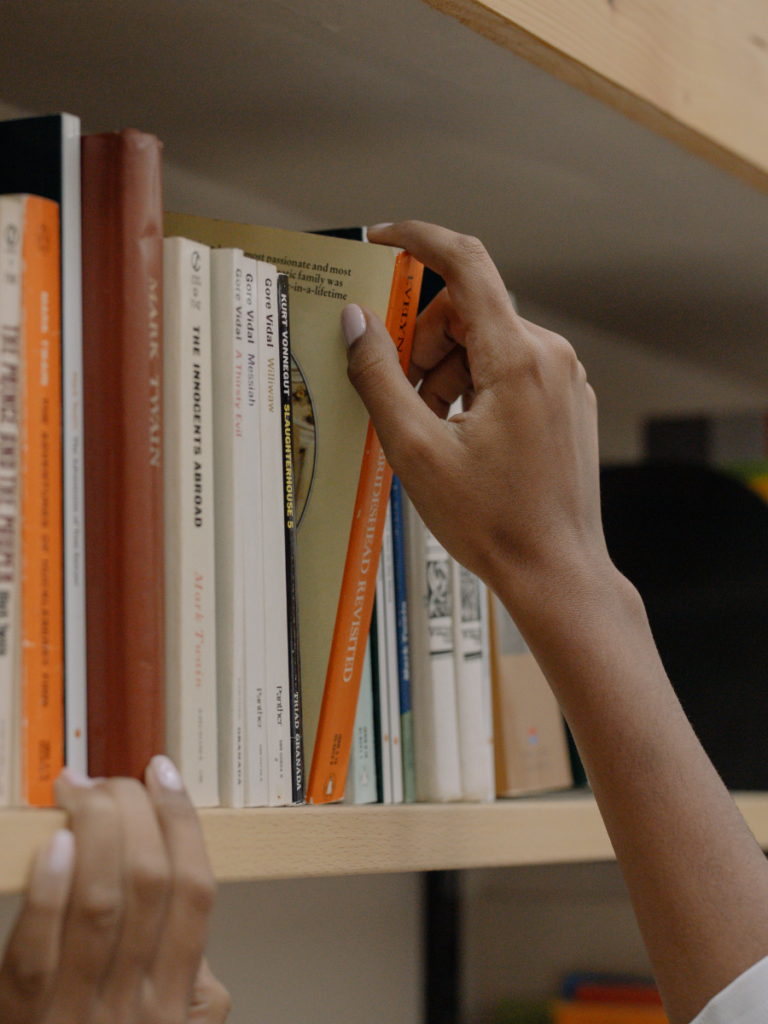How to Overcome the Long-Term Effects of Childhood Bullying: A Guide for Adults
Looking back, I truly believe there is nothing more monstrous than abuse. The fear instilled in a victim’s mind is almost impossible to undo.
It’s a shadow that lingers, influencing decisions, and distorting self-perception long after the abuse has stopped.

I can’t even begin to tell you the number of opportunities I’ve let slip by because I wasn’t daring enough, how much I’ve dimmed my light so I wouldn’t draw attention, how often I’ve compromised because I struggle to say “no.”
This post may contain affiliate links, which means I’ll receive a commission if you purchase through my link, at no extra cost to you. Please read full Amazon Associates disclosure here.
Effects Of Bullying
I remember coming face to face with this reality and deciding that I’d had enough. But even then, I didn’t have the proper tools or channels to navigate my emotions or unpack everything that had happened so that I could begin to heal.
Instead, I started being passive-aggressive. Rather than clearly communicating my needs and wants, I’d get frustrated when people didn’t “just know” what I needed.

I had a deep desire to be included, to be persuaded to open up, and I would get mad at people for not living up to those unspoken expectations. I was slowly assuming a victim mindset, which made it incredibly difficult for those around me to be in any kind of relationship with me.
The deep feelings of inadequacy never truly left. This earth-shattering fear of being embarrassed never left.
I would convince myself to finally go out and socialize, only to come back depleted. I’d replay the events of the day and feel sick to my stomach at how much I exerted myself and how potentially embarrassing something I did or said was. I felt like a prisoner in my own head and body.
Childhood bullying can have profound and long-lasting effects on individuals that often persist into adulthood, shaping various aspects of mental health, relationships, and overall well-being.
Here are some key impacts:
1. Mental Health Challenges
- Anxiety and Depression: Many adults who were bullied as children experience chronic anxiety or depression, stemming from feelings of low self-worth instilled during their formative years.
- Post-Traumatic Stress Disorder (PTSD): Bullying can lead to PTSD symptoms, such as flashbacks, hypervigilance, and emotional distress in situations reminiscent of past bullying.
- Social Anxiety: Adults may avoid social interactions or fear judgment, stemming from a lack of confidence or fear of rejection.
2. Self-Esteem and Identity Issues
- Bullying often erodes self-confidence, leaving adults with negative self-perceptions and difficulty trusting their abilities or worth.
- Victims may struggle with imposter syndrome or feel undeserving of success and happiness.
3. Relationship Difficulties
- Trust Issues: Past experiences of betrayal by peers can lead to difficulties forming or maintaining healthy relationships.
- Attachment Problems: Some may develop insecure attachment styles, making them overly dependent, avoidant, or fearful in close relationships.
- Social Isolation: Fear of vulnerability or rejection may lead adults to avoid forming deep connections altogether.
4. Behavioral Effects
- Perfectionism: To avoid criticism, some adults adopt perfectionist tendencies, which can lead to burnout and dissatisfaction.
- People-Pleasing: A desire to fit in or avoid conflict can make individuals overly accommodating, at the expense of their needs.
- Aggression or Bullying Behavior: Some adults may mimic the bullying behavior they experienced, becoming overly critical or aggressive as a defense mechanism.
5. Physical Health Impacts
- Chronic stress from bullying can contribute to long-term physical health issues like heart disease, digestive problems, and sleep disturbances.
- Stress-related conditions, such as migraines or chronic fatigue, may also develop.
6. Career and Professional Challenges
- Adults who were bullied may hesitate to take risks or assert themselves in the workplace.
- They might experience imposter syndrome, struggle with workplace bullying, or find themselves in toxic environments reminiscent of their childhood experiences.
Overcoming Bullying Trauma
I reached a point where I decided to do the embarrassing thing, to do the scary things, and to live loudly.
Even if I truly embarrass myself, I move forward knowing I will not die because of it. I decided I wanted more for my life.
I want to laugh ungovernably, I want to complain and stand up for myself without fear, and I want to wake up and look forward to the day because the sun shines for me too.
I’ve decided to get in front of the camera and feel awkward, to post the dusty picture with a terrible angle, and to undo the bad, creating a place of safety. I want to love people, but I want to love me too.
So, bestie, I am laughing out loud with my weird laugh, wearing my best outfit, and taking up space without apology. I am going for my dreams unapologetically, taking the random call, and staying through the awkwardness. I am owning my life, authoring my life—and you can too.
Reclaim Your Identity After Childhood Bullying;
1. Understand the Long-Term Impact
Childhood bullying can leave deep emotional scars. The constant pressure to conform, the fear of rejection, and the relentless belittling can cause long-lasting issues with self-esteem and self-worth.

As an adult you grapple with the internalized messages you received as a child—messages that you are unworthy or incapable. And these emotional scars from bullying can be hard to fully heal but not impossible.
“You are not broken for feeling this way. You are not weak for struggling to process a pain you thought you’d moved past. This is how healing begins: by acknowledging the wound.” – Brianna Weist x The Mountain Is You
Recognizing these lingering effects is the first step towards healing. Sit yourself down and try to trace back the fear, the feelings of inadequacy, your “shyness”, your aggression, your passive aggressiveness, your people pleasing, your victim mentality etc.
Be real with yourself, you may find that the effects of the bullying are worse than you thought and maybe even made you a bully yourself. Regardless of what you find, continue to untie the knot and be ok with what you find.
2. Reclaim Your Identity
In childhood, bullying often forces individuals to hide or suppress their true selves in an attempt to avoid further torment.
As an adult, you have the power to rediscover and embrace your authentic identity. This journey to healing from childhood trauma involves acknowledging your unique strengths, interests, and values that may have been overshadowed by the negativity of your past experiences.
Engage in activities that ignite your passion and bring you joy. Whether it’s pursuing a new hobby, advancing in your career, or forming new social connections, these experiences can help you build a sense of self that is independent of your past traumas,
my A-Z list of social activities to do by yourself to reclaim your sense of self.
The saying “Best revenge is your paper” basically means bettering yourself and being productive is the best way to reclaim your power.
I took time to reassess and rewrite the narratives formed during those vulnerable years. I know I have talents, I am beautiful, I am smart and I am important so I make sure to remind myself of this every day to boost my self-esteem.
I wake up and act like I know who I am even when I feel otherwise. Faith or fake it till you make it? IDK, but it works.
3. Building Healthy Relationships

Bullying disrupted my ability to form and maintain healthy relationships. Trust issues, fear of rejection, and social anxiety all stemmed from those early experiences.
As adults, we can work towards establishing meaningful and supportive connections. Let’s be clear and open about what it is we want and don’t want.
Surround yourself with people who uplift and affirm you.
4. Developing Resilience and Self-Compassion
Self-compassion, involves treating yourself with the same kindness and understanding you would offer a friend. Practice self-care, forgive yourself for past mistakes, and acknowledge your progress and achievements.
The truth is, healing hurts. It is not as simple as imagining light and love, or forcing yourself into a mindset you don’t believe. Healing is in the process of acceptance, of facing every unacknowledged part of you and learning to hold space for it. – Brianna Weist x The Mountain Is You
You develop resilience by recognizing that people are inherently as bad as they are good but they do not have the power to undo who you are no matter how much they exercise their bad on you.
Just because someone you held to a higher regard does you bad does not mean that you are undeserving of good. People make mistakes (consciously even) but even if they knowingly do you wrong, the principle is still the same; you forgive and move on knowing that their actions do not take away from your worth.
You will find that it is necessary to let things go; simply for the reason that they are heavy. So let them go, let go of them. I tie no weight to my ankles. – The Mountain Is You
It hurts and it is disappointing but you do not have to carry the weight of their sins, and you do not have to internalize their hate.
5. Empowering Others and Giving Back
Turning personal pain into positive action can be incredibly empowering. Many survivors of childhood bullying find solace and purpose in helping others who are going through similar struggles.
Whether it’s through mentoring, advocacy, or community service, giving back can transform your experience into a source of strength and inspiration.
By sharing your story or supporting initiatives aimed at preventing bullying, you not only contribute to a broader societal change but also reinforce your own sense of agency and purpose.
I have decided to use my platform to shed light on this and to offer community to many who have had similar experiences. Having a community that is understanding and inspires you to do better for yourself is important.
6. Embracing the Journey
Adulthood is not a destination but a journey—one filled with opportunities to grow, heal, and flourish. Go through the process with patience and grace, understanding that healing is not linear and that every step forward is a victory.
Ultimately, adulthood offers a chance to redefine who you are and how you want to live your life.
Do I still find myself stuttering in certain situations? of course, but I always make sure to communicate this to anyone I might be interacting with, funny thing is every time I tell someone I am nervous they always say “same” and we laugh about how difficult social interactions can be and we move on comfortably. Being honest with yourself, and the people around you helps.
Trying to pretend to be confident or relaxed in a situation will only cause you to speak faster and make more mistakes which you will replay over and over in your head when you get home. You deserve to exist comfortably is spaces, so make room for yourself.
My Top Recommendations For Healing
1. Self-Help Books
Find a good, no fluff self help book that helps to define and dissect whatever challenges you are facing. Do not fall prey to a million self help cont out there that bombard you with information causing you feel overwhelmed with information overload.
Self awareness should prompt you to start improving. If you are stuck in a loop of reading, finding out and being overly inspired you need to take a step back and revaluate.
This too is a form of self sabotage, where you do everything but the actual work that is needed.
Start here;
The Mountain Is You by Brianna Wiest: This transformative book dives deep into self-sabotage, explaining how to overcome internal blocks and turn challenges into growth opportunities.
12 Rules for Life by Jordan B. Peterson: A thought-provoking guide that offers practical principles for living a more meaningful and disciplined life.These books provide the foundational knowledge and inspiration to start your journey.
2. Community Support
- Healing thrives in connection. Join supportive communities like our Wellness Besties Group, where you’ll find encouragement, accountability, and a safe space to share your journey.
3. Workbooks
- Workbooks are excellent tools to deepen your self-help journey. They provide structured exercises to apply what you learn from books and integrate these lessons into your daily life.
- Get started with my workbook , designed to guide you step-by-step throughout December to have a holiday season that supports your healing not one that sets you back.
Our 2025 Ultimate Transformation Challenge goes live soon. Join our group to get notified.







4. Journaling
- Journaling is a powerful way to process emotions, track progress, and uncover insights. Use it as a safe space to reflect, release, and set intentions.
- Try prompts like:
- What is one thing I’m grateful for today?
- How can I show up for myself this week?



5. Prayer and Meditation
- Prayer connects you to your faith and offers comfort, clarity, and strength.
- Combine prayer with meditation to cultivate inner peace and mindfulness, creating a balanced approach to spiritual and mental well-being.
6. Bible Study
- The Bible is an incredible resource for wisdom, guidance, and encouragement. Regular study can help you navigate challenges, cultivate faith, and anchor your healing journey in hope.
7. Hobbies
- Hobbies are not just distractions—they are acts of self-love. Pursuing creative or relaxing activities like painting, gardening, or cooking can bring joy and a sense of accomplishment.
- Discover a hobby that aligns with your passions and commit time to it regularly.
- Make sure to have atleast 1 hobby that requires socializing and overcoming your social anxiety e.g paddle tennis, golfing, going to the arcade, join a bookclub etc
8. Productivity Practices
- Productivity isn’t about doing more—it’s about doing what truly matters. Focus on habits and routines that align with your goals and create a life of purpose.
- Start small: Create a daily to-do list, prioritize tasks, and celebrate small wins.
These tools and practices work together to support your healing journey, helping you grow mentally, emotionally, and spiritually.
Start with one or two that resonate most with you, and take consistent steps toward building the life you deserve and want.
We are launching our 2025 Transformation Challange soon. Join our group here to stay up to date and receive resources to help you navigate your healing and transformation.
Final Thoughts
Childhood bullying may have left a lasting impact, but it does not have to define you. By recognizing the effects, challenging negative beliefs, and embracing the journey of healing, you can reclaim your power and live a life free from the shadows of the past.
Remember, there is nothing more monstrous than abuse, but there is also nothing more powerful than the human spirit’s ability to heal and grow.
How has childhood trauma shown up in your adulthood?











